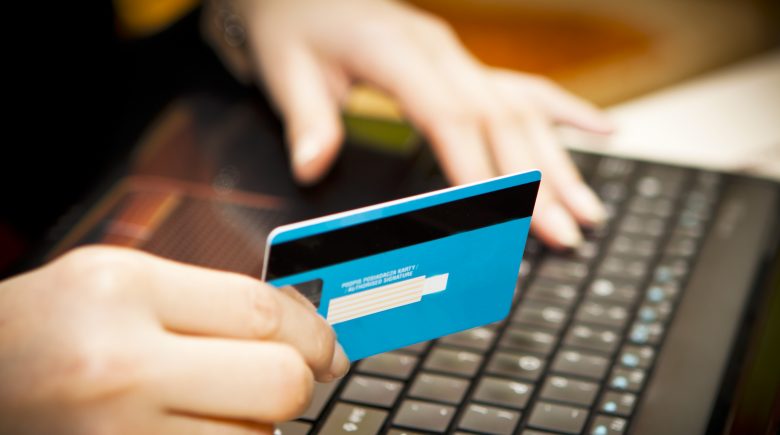The number of technology-savvy people choosing to do their shopping on the Internet is growing. They enjoy the convenience of shopping or conducting other personal businesses from their homes and having purchases delivered right to their door by using online credit cards. In response, retailers and other businesses set up online stores to save money and grow their sales.
Shopping over the Internet is not only congruent with the business lifestyles convenient, but it gives both seller and buyer immediate settlement of the transaction. Money exchanged for goods and services changes hands immediately—eliminating the need to wait for funds to clear. In addition, many people bank and pay bills online.
Fortunately, most online credit card transactions go through without any problems. However, with the rising threat of identity thefts and unauthorized credit card use, it’s only natural for people to question whether online credit card transactions are safe.
Website risks
You can lower the risk of encountering problems with online credit card transactions by shopping only on the sites of trusted merchants. Avoid conducting business on websites that ask you to provide your social security number or bank account number without knowing the company requesting the information and how they intend to use it.
Some other tips:
- Never reveal any passwords to anyone online
- Only conduct transactions in a secured environment
- Identify secured websites by the website address- it should begin with “https://”
- Look for a padlock in the lower right hand corner of you browser window
In addition, when you place in order online (or over the phone) the merchant should ask you for the 3-digit security code on the back of your credit card. Never send payment information in an email.
Other online security threats
When you use your computer, tablet or smartphone to make a purchase, pay a bill or check on a bank account, there is always the potential for theft of your credit card information. It is important to understand the risks of online credit card transactions and how to protect yourself.
Here are some of the most common threats:
- Key logger programs – Any transaction that involves the use of a computer and keyboard to enter personal information can be at risk for these key logger programs. This is malicious software applications that record the real time activity of a computer user by recording every keystroke and sending the information to malicious users via the Internet.
- Fake links (Phishing) – Criminals send emails that include fake links to what appears to be a legitimate website. For example, a phishing email might represent itself as coming from your credit card issuer, a retail store or your bank.
When you click on the link provided in the email, it takes you to a site that looks identical to the actual bank’s site. If you enter your credit card number or other personal information into a form on the site, the scammers capture the data.
Enhance the safety of online credit card activities by making sure you have an antivirus product installed on your computer to protect against malicious key logger programs. Antivirus software developers have added known key loggers to their databases, which provide the necessary safeguards. You must also make it a point to keep the database up to date
Protect yourself against phishing by simply refusing to open emails from unknown parties or clicking on links within suspicious mails.



